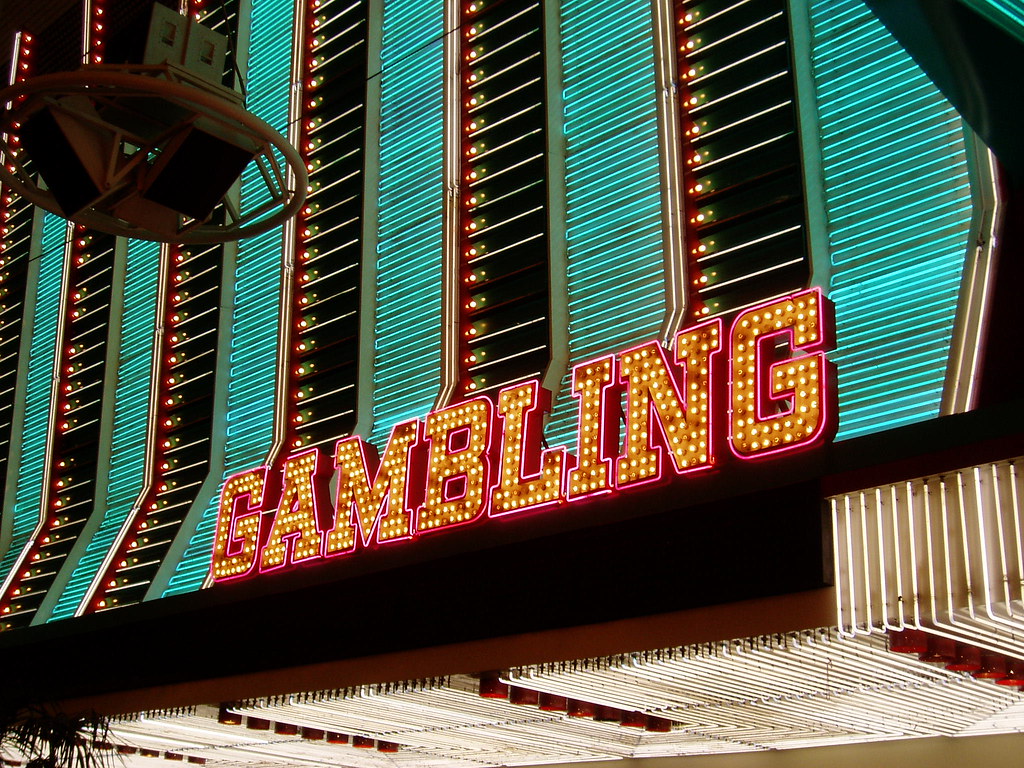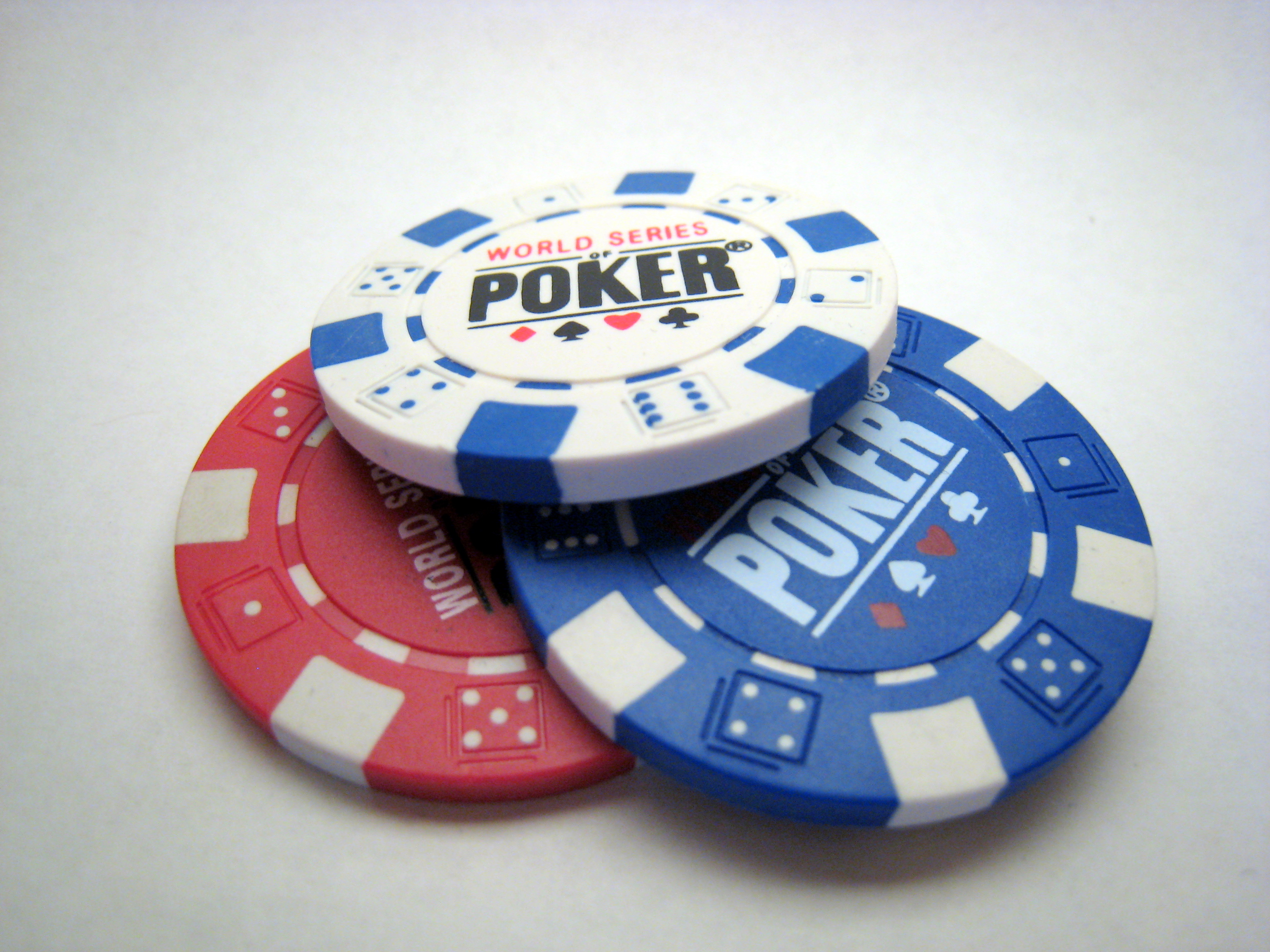WSOP 2016: What to Expect
This blog was originally posted to Casinosmash.com
The three-month wait between the 10th place elimination and the final table of the WSOP Main Event is notoriously long: week after week, ESPN rolls out footage of each event, highlighting personalities, covering big hands and showing bad beats that eliminate legends Anyone that cares to look knows who the final nine players are, but who the experts think will advance and who actually does are not always the same. These final nine, who are each guaranteed at least a million dollars in prize money, will now face the highest stakes game of their life at the Rio.

No More William Kassouf
Anyone who’s watched some of the later days of the Main Event on ESPN will probably have an opinion on William Kassouf’s play. The man is now an infamous part of WSOP history, and during the final few games, many were worried that his antics would carry over to the final table. Kassouf claims that taking as much time as possible and trying to influence his opponent’s actions through speech is just part of a good and fair game. His detractors, however, say he slows down the action and is a major annoyance.
Since his appearance on ESPN, Kassouf has made the rounds on the Internet, appearing on multiple podcasts and gaining a relatively large Twitter following. His excessive chatter, disruptive behavior, and taunting earned him a penalty in the early days of the tournament: in situations where making a decision seemed relatively simple, Kassouf would often take so long that players would call him out for purposefully delaying play. In one televised incident on Day 7 of ESPN coverage, Kassouf argued extensively with Jack Effel, the tournament director. Kassouf’s now famous bust for 17th place, however, means he won’t be bothering anyone at the final table.
Does Experience Matter?
Whenever previous bracelet winners make it to the November Nine, they tend to be the favorites for winning the tournament. With Cliff Josephy, a two-time WSOP event winner, being at this year’s final table, the case is no different. Experience goes a long way in high-pressure situations like the Main Event final table where a single mistake can mean your elimination. Experience, however, isn’t the only thing going for Cliff Josephy, because he is also the chip leader. His knowledge and experience playing a loose-aggressive style are likely to make his big stack even more powerful. In fact, some poker pros give Josephy a 54% chance of winning the main event.
With 26 WSOP cashes and more than $600,000 in earnings, Gordon Vayo is the second most accomplished player at the final table even though he is only 27 years old. The San Francisco poker pro gained valuable final table experience when he earned a second-place finish at the WSOP $3,000 No-Limit Hold’em 6-Handed event in 2014. Vayo is in third place at the final table with more than 49 million chips in play. If experience and a powerful stack matter, he has a better-than-average chance of earning his first bracelet and $8 million.
Sometimes Gambling Pays Off
Second place at the 2016 Main Event final table is Las Vegas native and professional gambler Qui Nguyen. Qui is quite unlike any other player among the November Nine. In fact, he’s stated clearly that he prefers Baccarat to Texas Hold’em. In a tournament where many of the players call themselves professional poker players, this is a rarity. If Qui wants to take full advantage of his huge chip stack, he’ll want to use his image as a gambler to his advantage. That may mean playing a more tight game than he usually plays, or it may mean taking a big chance to get a huge stack early at the table. For players like Qui, gambling strategy is important, but getting good cards is more so.

The Middle of the Pack
In the lead-up to the final table, almost every one of the players goes through extra scrutiny, and the image of Vojtech Ruzicka may have suffered the most. Spectators at the Rio stated that they saw the Czech player smoking nervously while taking breaks during the last few days of play in July. Is this kind of nervous temperament what makes a champion? That’s impossible to say at this point, but many in the poker community have rock-bottom expectations. Ruzicka is unlikely to say a whole lot at the final table, but staying out of focus with a mid-size stack may play to his advantage.
Another player right in the middle of the pack is Griffin Benger, one of the only players at the tournament who may have talked as much as William Kassouf. Before Benger busted out Kassouf with Aces over Kings on ESPN’s feature table, the two had an extended argument during which Benger accused Kassouf of being verbally abusive. Benger, the only Canadian at the final table, has more than $2 million in lifetime tournament earnings, and he also has 13 WSOP cashes. Anyone rooting for an entertaining finish to the final table will be hoping that Benger emerges from the middle of the pack to rise to the top.
The Short Stacks
The short stacks at this year’s final table are experienced WSOP player Jerry Wong and a player with no previous cashes in the WSOP, Fernando Pons. With both players having less than 20 big blinds to work with, they’ll have to make a move relatively quickly to avoid being blinded out of existence. That means going all-in before the flop with the best the dealer will give them. If they’re lucky, they’ll have the cards to back up those moves, but that is simply a matter of luck. If they can manage to double up a couple of times, they can be right back in the middle of the pack.

Finally, Jerry Wong is a New York poker pro with 19 previous cashes at the WSOP. His chances of coming back from a short stack might be better than others, but he still has a big uphill climb to make. With more than $1 million earned in live tournaments throughout the world, Wong knows what it’s like to be at a big final table. He ended day five of this year’s main event with the biggest stack in the tournament, so he certainly knows what it’s like to be at the top.
Poker players know that gambling is a big part of any Hold’em tournament. Without getting lucky in certain situations, none of the players will be able to pull off a win. Many members of the November Nine survived all-in hands earlier in the tournament with less than a 20% chance of getting the best hand, so luck will be a big factor in their continued success. Whether an experienced pro, die-hard gambler, or nearly hopeless short stack ends up winning the gold bracelet, this will be an entertaining year for the final table.